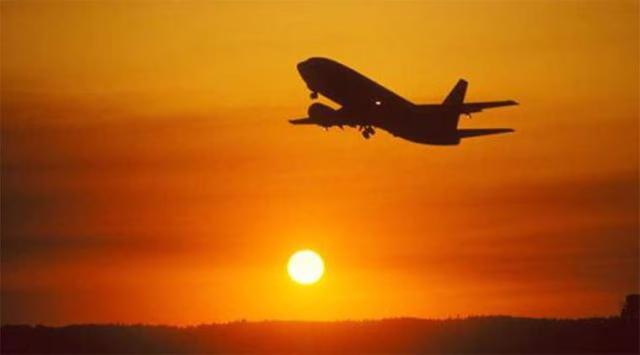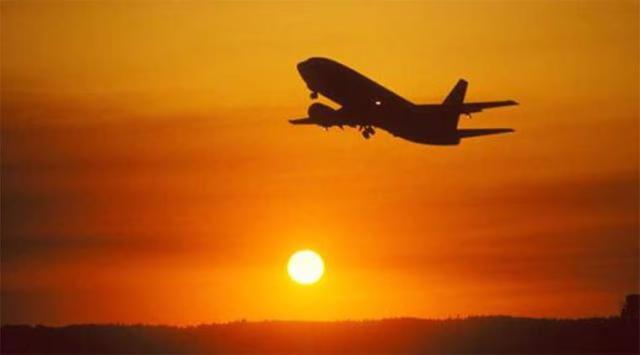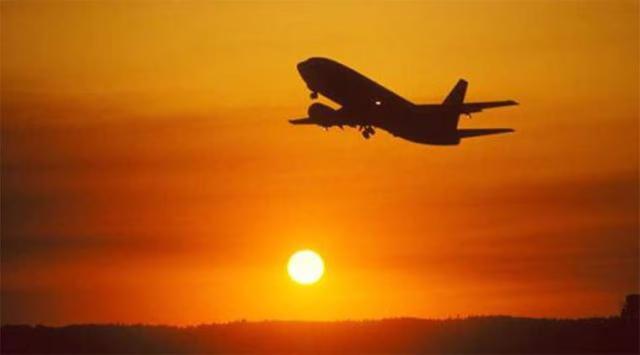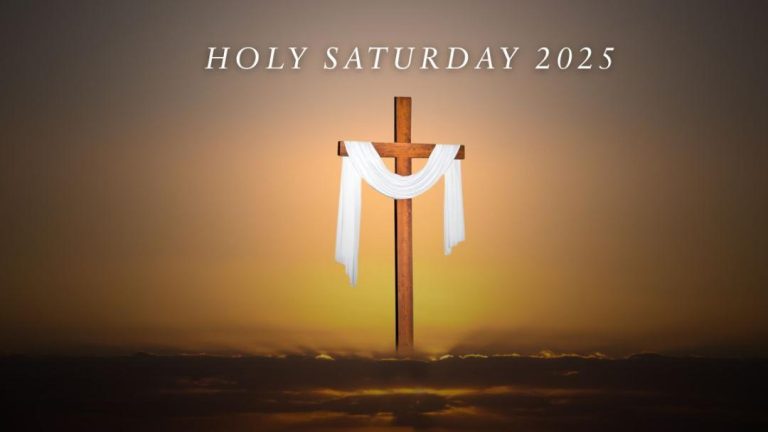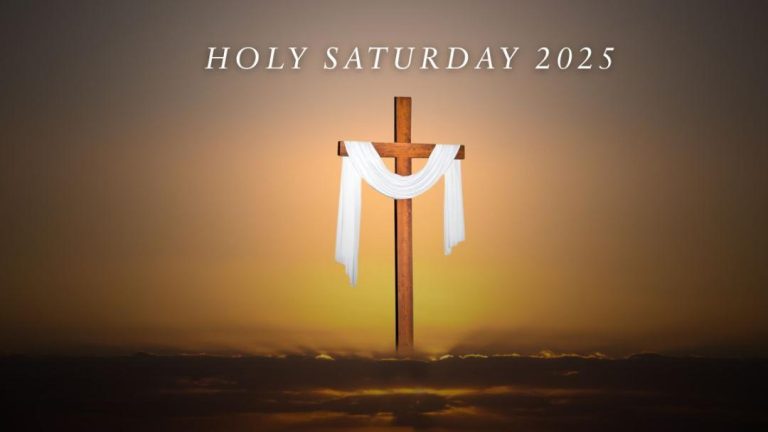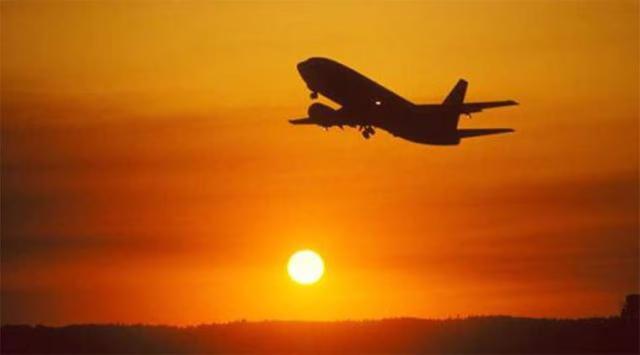
Class 12 Physics & Math requirement for becoming commercial pilot might be scrapped: Report
The Directorate General of Civil Aviation (DGCA) is planning to make a significant change in the rules governing commercial pilot training in India. According to a recent report, the DGCA is considering scrapping the current requirement that students must have studied Physics and Math in Class 12 to be eligible for commercial pilot licence training. This move could potentially open up the field of commercial aviation to students from arts and commerce streams.
For decades, commercial pilot training in India has been restricted to students who have pursued Science, Technology, Engineering, and Mathematics (STEM) subjects in their Class 12 exams. This rule was introduced in the mid-1990s to ensure that commercial pilots possess a strong foundation in scientific and mathematical concepts. However, the DGCA’s proposed changes could revolutionize the way commercial pilot training is approached in the country.
The decision to scrap the Physics and Math requirement is reportedly based on the idea that these subjects are not essential for a commercial pilot’s role. In fact, many commercial pilots have successfully completed their training without having a strong background in Physics and Math. The DGCA is considering alternative assessments and training programs that can test a pilot’s aptitude and skills, regardless of their academic background.
The proposed changes are likely to have a significant impact on the number of students pursuing commercial pilot training in India. Currently, only a limited number of students from arts and commerce streams are able to pursue this career path due to the restrictive rules. If the Physics and Math requirement is scrapped, it is likely that many more students will be able to pursue their dream of becoming a commercial pilot.
The move is also expected to increase diversity in the aviation industry, which is dominated by students from science streams. Women, in particular, are likely to benefit from this change, as they are often underrepresented in the aviation industry. By allowing students from arts and commerce streams to pursue commercial pilot training, the DGCA is taking a step towards increasing diversity and inclusivity in the industry.
However, not everyone is in favor of the proposed changes. Some experts argue that the Physics and Math requirement is necessary to ensure that commercial pilots have a strong foundation in scientific and mathematical concepts. They argue that these subjects are essential for understanding the complex systems and technologies used in modern aircraft.
Additionally, some critics argue that the proposed changes could compromise safety standards in the aviation industry. They argue that commercial pilots require a strong understanding of scientific and mathematical concepts to operate complex aircraft systems and navigate through challenging weather conditions.
Despite these concerns, the DGCA is reportedly committed to introducing the proposed changes. The agency is working with industry experts and stakeholders to develop alternative assessments and training programs that can test a pilot’s aptitude and skills, regardless of their academic background.
The news of the proposed changes has sent shockwaves through the aviation industry, with many students and professionals expressing their opinions on social media. While some have welcomed the move, others have expressed concerns about the potential impact on safety standards.
In conclusion, the proposed changes to the Physics and Math requirement for commercial pilot training in India are a significant development in the aviation industry. While some experts argue that the changes could compromise safety standards, others believe that they could increase diversity and inclusivity in the industry. As the DGCA works to introduce these changes, it will be important to strike a balance between ensuring safety standards and promoting diversity and inclusivity.
